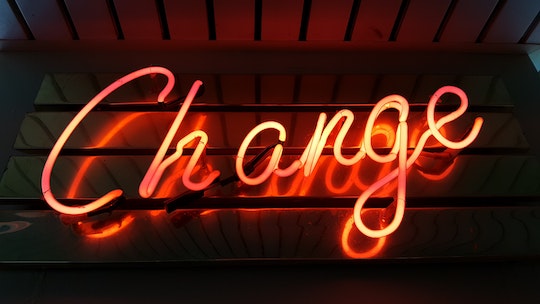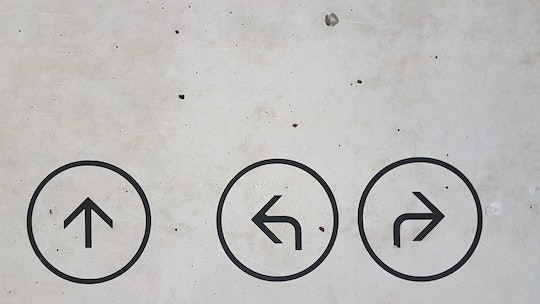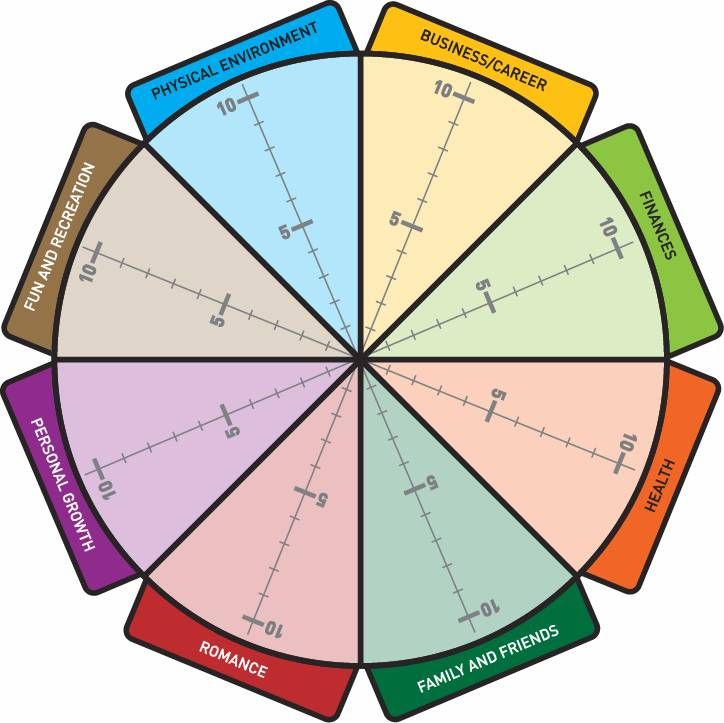“There is nothing like returning to a place that remains unchanged to find the ways in which you yourself have altered.”
—Nelson Mandela, late S. African political leader and philanthropist

Image from Unsplash by Meg Boulden
Last month Wendy and I had dinner with a long-lost friend — Mitchell, and his wife Terry. Mitchell and I were schoolmates from first grade through high school.
Although many of the stories we held from so long ago have not changed, we found great pleasure exploring how we have both grown and altered in pursuing our individual paths.
Our discussion reminded me of visiting my grade school and former teachers when I was a college freshman. I was amazed at how small the desks, hallways, and students were.
EXERCISE:
Select and read one of your favorite books from your youth. Note your thoughts, feelings, and emotions regarding how you have growth and altered into the person you are today.









